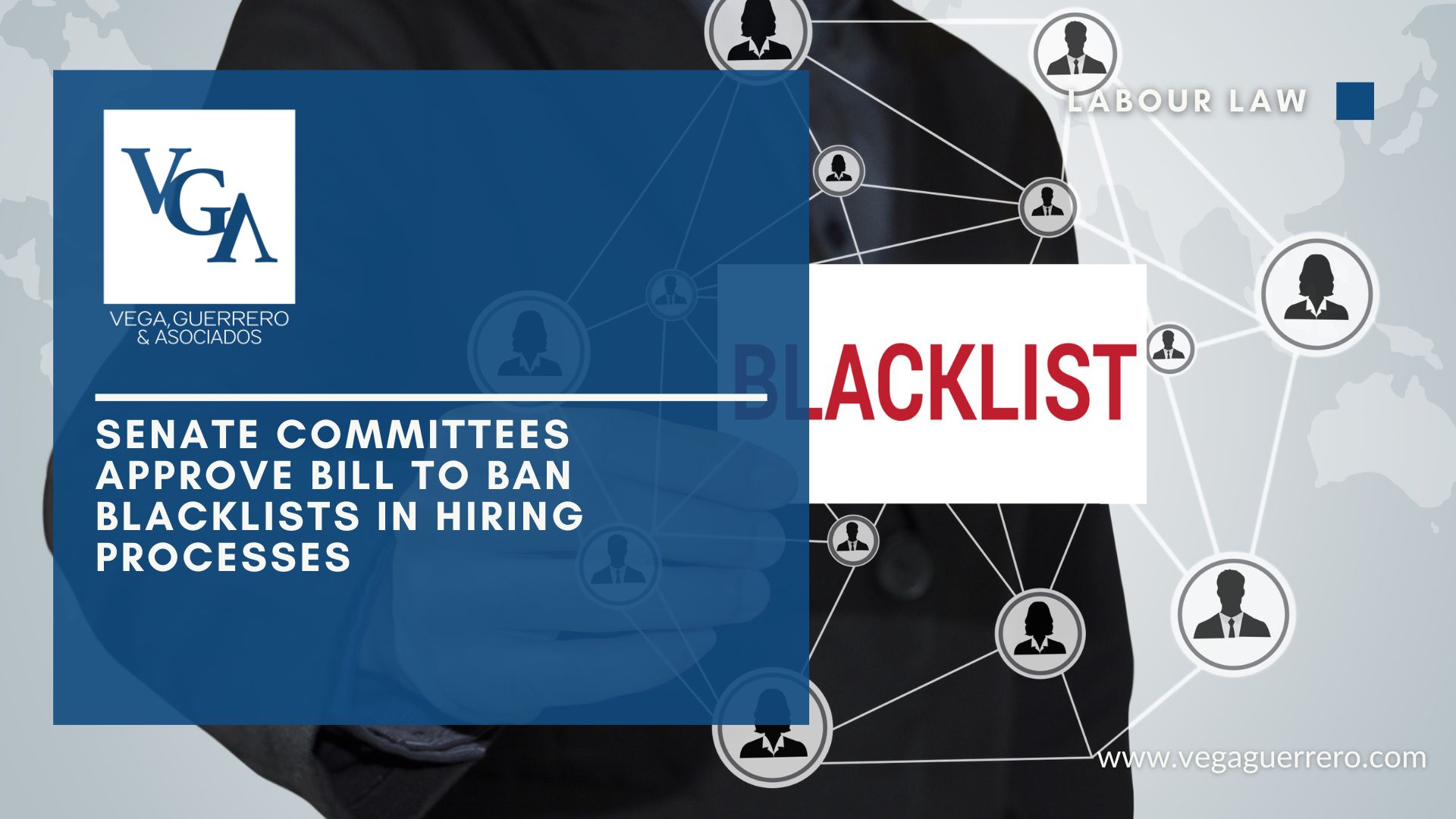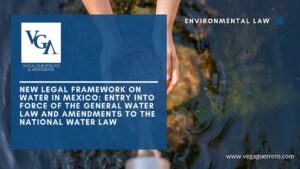The United Commissions of Labor and Social Welfare and Legislative Studies, First, of the Senate of the Republic, approved a ruling that seeks to expressly prohibit the use of registries known as “labor bureaus”. This is a practice by means of which some companies consult unofficial databases to veto people who have had previous labor conflicts, even without a judicial resolution against them. This measure is intended to curb a modern form of discrimination that restricts access to employment.
What does the opinion propose?
If approved in the Plenary and subsequently by the Chamber of Deputies, the reform would amend Articles 3 and 133 of the Federal Labor Law to:
- Prohibit the creation, use or dissemination of blacklists or registers of workers that imply discrimination or exclusion in employment.
- Penalize the use of systems that use sensitive personal data to condition the hiring or permanence of employees.
- Reinforce the protection of personal data and the right to work as fundamental principles in selection processes.
What is the context?
The so-called “labor bureau” -technically non-existent in the law- works in practice as a blacklist fed by past employment records or lawsuits. Recruiters and human resources areas can consult this information without the employee’s consent, which generates legal risks due to violations to the LFT, the Personal Data Protection Law and the Constitution.
The opinion stresses that this practice weakens labor rights, discourages the reporting of abuses and generates unjustified social exclusion, even against people whose only “fault” was to exercise their right to sue.
What should companies do?
It is not yet a reform in force, but it is important to anticipate measures such as:
- Eliminate any internal or external database that collects employment history information not related to job competencies.
- Update recruitment processes to ensure that selection criteria are objective, documented and free from judgment or blacklisting.
- Train HR personnel. on non-discrimination and protection of personal data.
- Review privacy notices to ensure that employee consent is not used for improper practices.
What’s next in the legislative process?
The ruling was approved only in commissions. The next step is its discussion and vote in the Plenary of the Senate. If approved, it will pass to the Chamber of Deputies for review. Until then, there is no legal obligation in force, but companies should be prepared for a possible reform in this regard.
At Vega, Guerrero & Asociados we support you to review your recruitment policies and ensure early compliance with the new requirements. Contact us.




